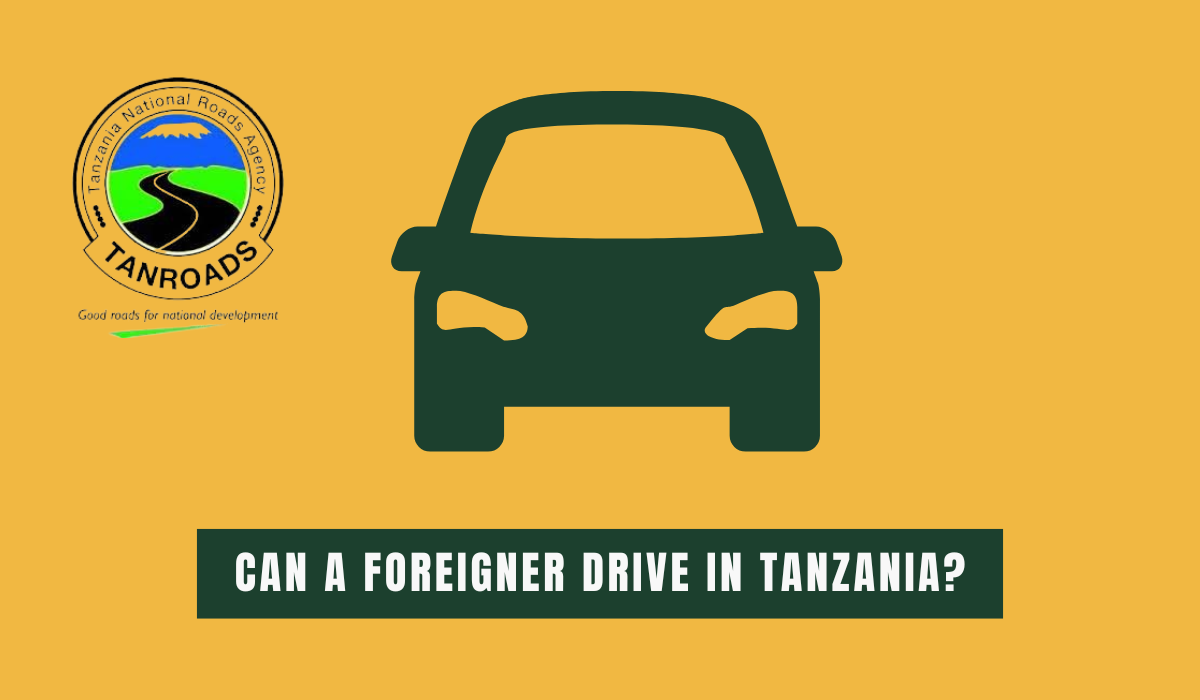Blog
TAPI Cracks Down on 3D Number Plates Before Deadline Expires
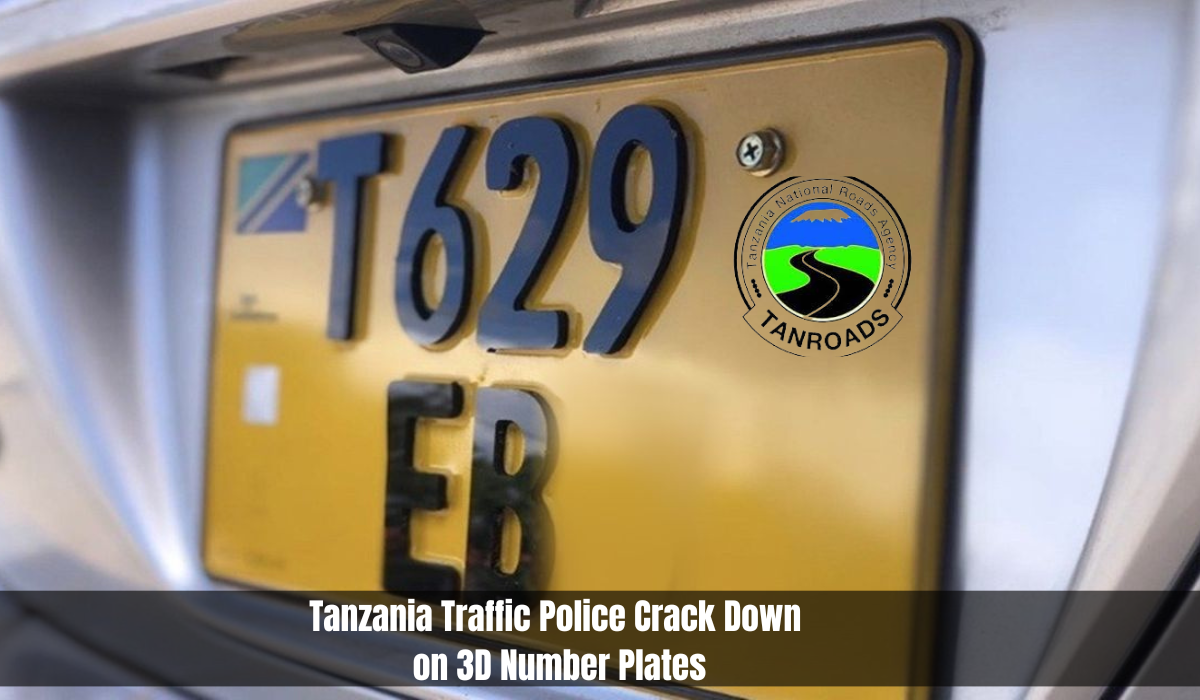
Blog
Can a Foreigner Drive in Tanzania?
-

 TMS Police10 months ago
TMS Police10 months agoKujua Deni La Gari Traffic Check
-
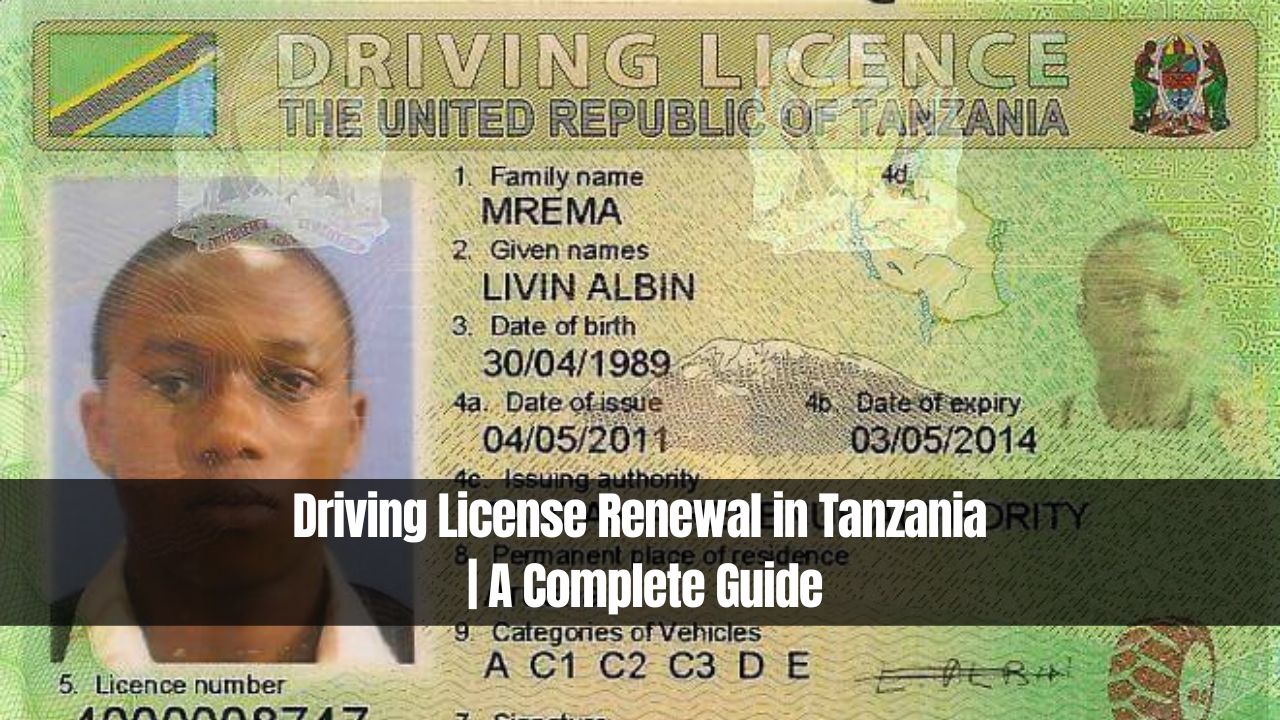
 Driving Licences10 months ago
Driving Licences10 months agoDriving Licence Renewal in Tanzania | A Complete Guide
-

 Driving Licences10 months ago
Driving Licences10 months agoMotorcycle Insurance Tanzania – How to Claim Insurance in Tanzania
-
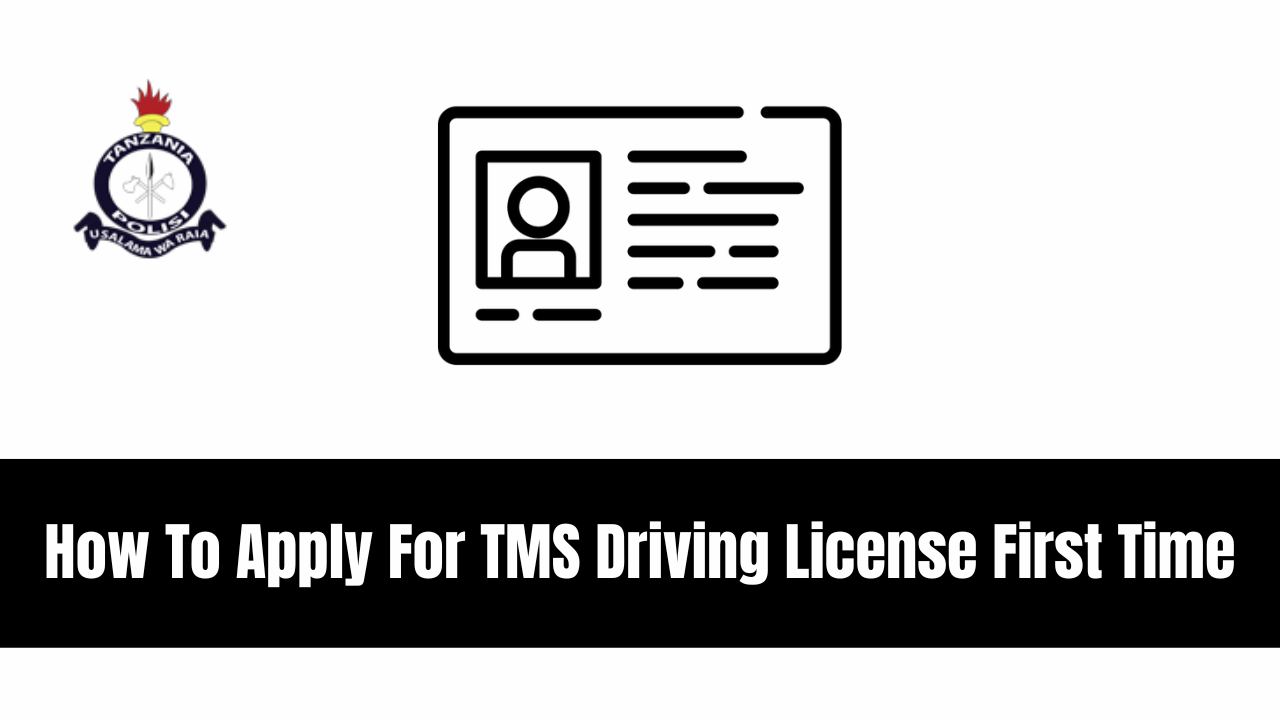
 Driving Licences10 months ago
Driving Licences10 months agoHow To Apply For TMS Driving License First Time
-

 Job5 months ago
Job5 months agoJob Opportunity – Data Scientist at CRDB Bank Plc, June 2024
-

 Motor Vehicle10 months ago
Motor Vehicle10 months agoTMS Motor Vehicle Registration in Tanzania | A Complete Guide
-
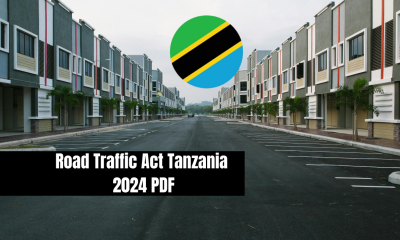
 Blog5 months ago
Blog5 months agoRoad Traffic Act Tanzania 2024 PDF – Road Traffic Act 2022
-
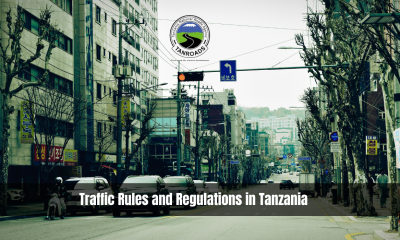
 Rules5 months ago
Rules5 months agoTraffic Rules and Regulations in Tanzania
-

 TMS Police10 months ago
TMS Police10 months agoTMS Traffic Police in Tanzania
-

 SASSA5 months ago
SASSA5 months agoSASSA Grant Payment Dates For July 2024 Confirmed
-

 Driving Licences5 months ago
Driving Licences5 months agoWhat is Driving Licence Class D in Tanzania?
-

 TAX Aid5 months ago
TAX Aid5 months agoPhilippines Unemployment Rate 2024 – Philippines Unemployment Expectations for 2025

